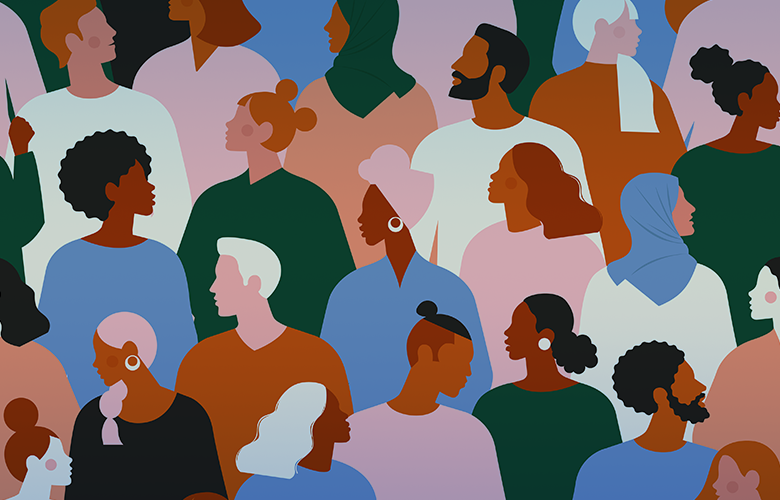
Before you can address racial injustice in the world, you need to address it in your home, in your community, and in your organization. EDC took some important steps in 2018 and 2019 by introducing the Implicit Bias Training.
But, what are implicit biases? They are “the attitudes or stereotypes that affect our understanding, actions, and decisions in an unconscious manner.”1 They are biases that are not easily controlled—and are caused by subconscious reactions that take place in our brain.
EDC’s Implicit Bias Training was designed to help us understand the different forms of implicit bias, as well as how to identify our own biases, begin to understand them, and determine actions we can take to recognize and reduce these biases in our lives and in our work.
The first aha! moment for staff taking the training was that some of us thought we didn’t actually have any implicit biases—or that if we believed we held biases we affirmed that we knew what those biases were. But by definition, these bias are unconscious, we are not aware of them so how could we know what those biases are.
Today’s conversation is about racial injustice in America, about how black people (particularly men) repeatedly face violence and systemic prejudice at the hands of white policemen. I am not black or white (nor am I an American), but I live in New York City, and in some way, my brown skin affords me the ability to relate to the concept of white privilege and also to the discrimination against black people. Do not get me wrong. I do not fully understand it—and never will. All I can do is to try to educate myself and identify ways that I can make a difference in my own community.
Now, two years after EDC participated in its first Implicit Bias Training, we need to take the time to stop and reflect once more and to determine what action we can take in our personal lives to change the way things are in the world. We can help those who face prejudice and racism by standing up for them and helping their voices to be heard. Our paths in doing this will all look different, but let us remember to do it with an open mind and good intentions.
Now let’s get to work locally and globally!
Let us know: What you are doing to combat racial injustice in your own backyard?
| Nalini Bajaj Chugani is an international technical advisor who is committed to gender equity and inclusion. A founding member of EDC’s Gender Working Group, she serves on gender analysis teams, and provides technical guidance to integrate gender across EDC’s international projects. She has participated in EDC’s Equity Diversity and Inclusion (EDI) Committee. |
1Capatosto, K., Mamo, S., Staats, C., & Tenney, L. (2017). State of the science: Implicit bias review. Columbus, OH: Ohio State University, Kirwan Institute for the Study of Race and Ethnicity. Retrieved from http://kirwaninstitute.osu.edu/wp-content/uploads/2017/11/2017-SOTS-final-draft-02.pdf

Add new comment